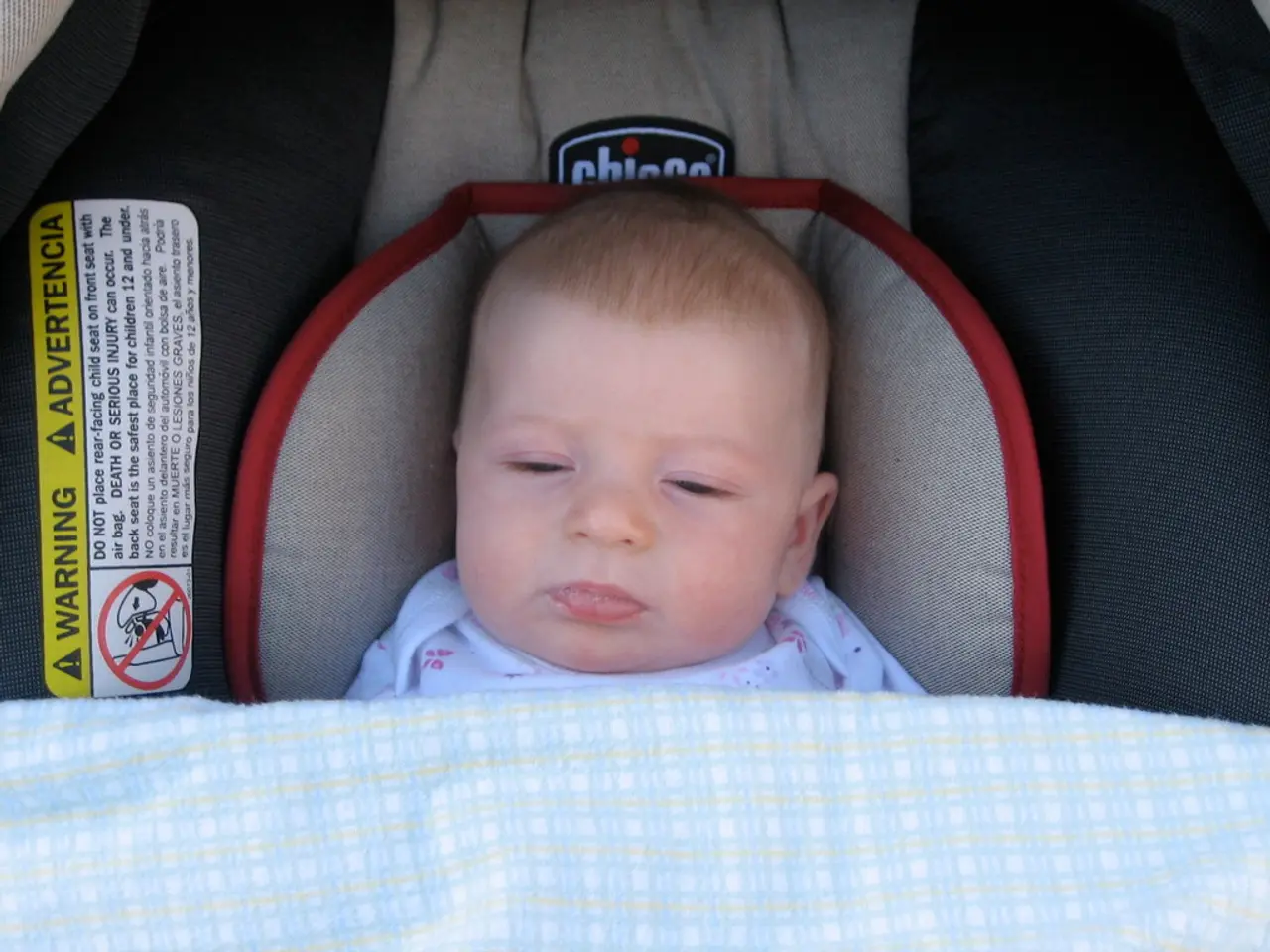Referral of 19 child deaths by Tusla to a review panel in 2024 documented
The National Review Panel (NRP) of Ireland has released its annual report, highlighting concerns about the welfare of children and young people in the country. The report, which reviews instances where children in care, in aftercare, or known to child protection services die or experience serious incidents, reveals a troubling trend in the number of deaths and the factors contributing to them.
According to the NRP, cases where the assessment of harm to a child or young person arising from their own actions is high, combined with concerns about a parent's ability to cope with and manage this risk, are of particular concern. Most deaths occurred in two age cohorts: infants under 12 months (13 in total) and those aged between 11 years and 16 years (four in total).
Dr Helen Buckley, Chairperson of the NRP, expresses her sympathy to those affected by the deaths of the children and young people reviewed by the panel in 2024. She emphasizes suicide as one of the biggest factors in the death of young people and the need for a stronger inter-agency approach to fully support young people experiencing mental health difficulties.
The NRP has made several recommendations to address these issues. One key recommendation is for Tusla, the child and family agency, to develop guidance for the management of Child Welfare - High Priority cases with partner agencies, specifically the HSE's Child and Adolescent Mental Health Services (CAMHS). The panel also suggests Tusla should audit and establish if Medium Priority child welfare cases is an "appropriate classification" where children or young people are at risk.
In addition, the NRP recommends examining the level of adherence to the Child Abuse Substantiation Procedure (CASP) when the alleged victim and perpetrator live in different areas. The panel also suggests Tusla and the Department of Children, Equality, Disability, Integration and Youth review Children First guidance to mandate Tusla as the lead agency in managing and coordinating inter-agency care planning.
The NRP also recommends revising the Joint Protocol for Interagency Working to assist in the management of contested cases. The report includes six recommendations in total, including a suggestion that Tusla develop a national policy and strategy to address the mental health needs of children in care.
While the NRP did not make any new recommendations regarding the classification of deaths in 2024, it's worth noting that eight of the deaths in 2024 were due to natural causes, four were suicides, two were accidental, and five were classified as unknown. The remaining 17 notifications were related to children or young people living with their families in the community.
The NRP did not make any specific recommendations regarding mental health needs of children in care or improving inter-agency collaboration, as found in the provided search results. However, insights from closely related UK contexts and recent social care reviews suggest approaches that may align with or inform best practice that the NRP might endorse or be influenced by. These approaches include co-located mental health services, strengthening mental health assessment, information sharing and collaboration protocols, involvement of relevant professionals, centering the child’s lived experience, improving partnership working, and raising awareness across partner agencies about issues like medical neglect and parental capacity.
For the most precise information on the exact current recommendations from Ireland’s NRP, consulting official Irish governmental sources or the NRP directly would be advisable.
The National Review Panel emphasizes the need for a stronger inter-agency approach to support young people experiencing mental health difficulties, specifically addressing high-priority Child Welfare cases with the Health Service Executive's Child and Adolescent Mental Health Services (CAMHS). Additionally, the panel suggests revising the Joint Protocol for Interagency Working to assist in the management of contested cases and developing a national policy and strategy to address the mental health needs of children in care.




